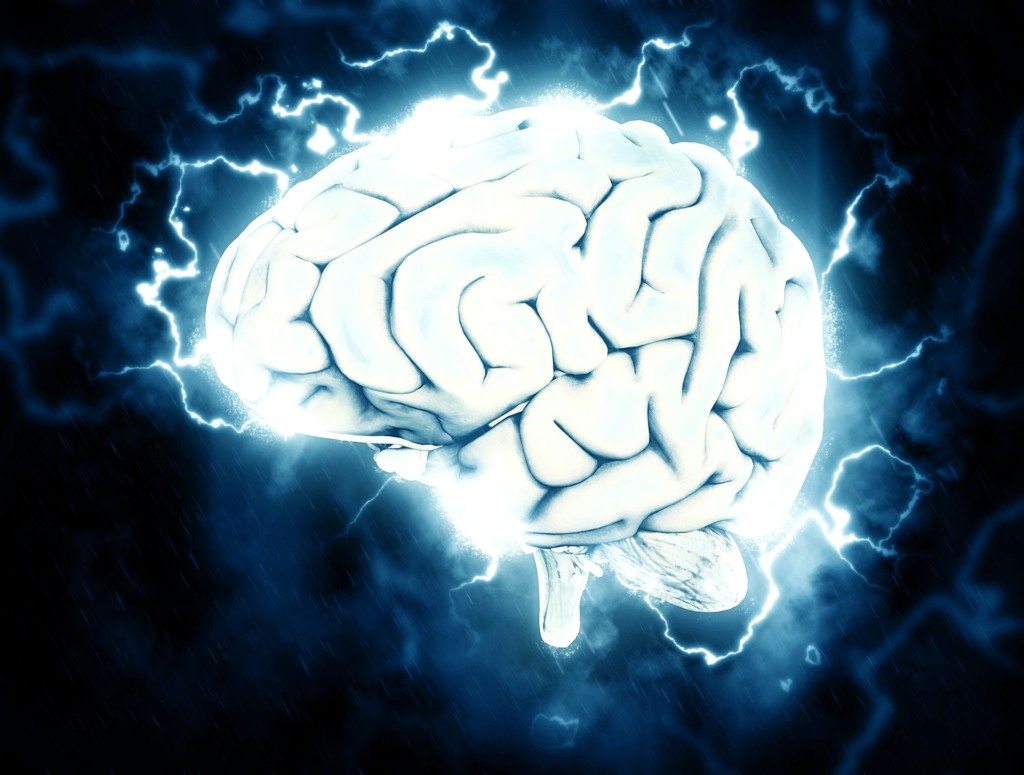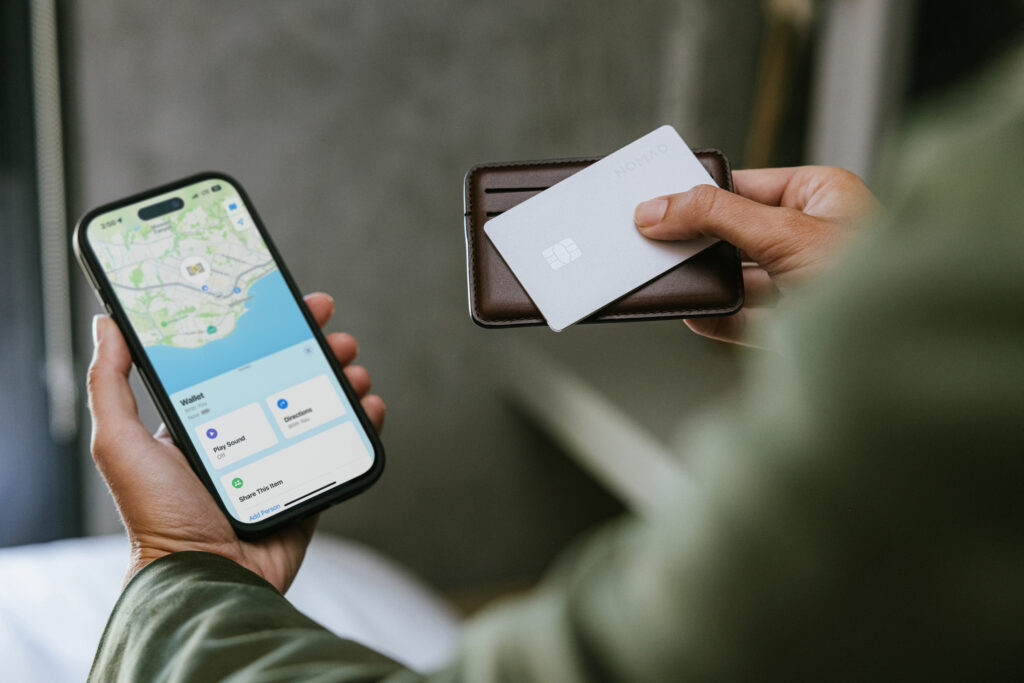Quick–What is your father’s phone number? Do you have it memorized, or do you rely on the fact that you can just tap the contact on your phone or say, “Hey Siri, call my dad”? One of the benefits of having a smartphone or tablet is the fact that you can store names, phone numbers, dates, and other information and have it readily available, but the consequence of that is that our brains are losing their edge and as a society we are suffering the effects of digital dementia.
I recently spoke with Jim Kwik, CEO of Kwik Learning and host of the Kwik Brain podcast, about the issues of digital dementia and some tips to help you counter the effects and regain–and even expand–your mental capacity.
Mobile devices like smartphones and tablets come with a wide variety of features and benefits. The consistent use—and dependence—on those mobile devices may also come with some negative consequences, though. Reliance on devices can lead to issues with memory and cognitive skills dubbed “digital dementia”.
When I was younger—in the dark ages before the internet and smartphones—I knew every phone number relevant to me by heart. In fact, I can still tell you right now off the top of my head what my home phone number was 30 years ago when I was in high school. I knew the birth dates and wedding anniversaries of every member of my family—including aunts, uncles and cousins—by heart. I knew how to get from Point A to Point B, and what day and time my favorite shows were on TV.
I knew these things because there wasn’t really any option. I mean, I could have written it all down in a journal or day planner and carried that around everywhere, but for all practical purposes my own brain was all I had to rely on for information like this.
Now, I have a smartphone that is never out of arm’s reach, and I can’t even tell you what some of my own children’s phone numbers are. I don’t need to remember dates or appointments. I don’t need to know how to navigate to work, or to the store. The smartphone has taken the place of both short and long term memory. In many ways that seems like a good thing, but it’s also a crutch with consequences.
I spoke with Jim Kwik, CEO of Kwik Learning and host of the Kwik Brain podcast, about the effects of digital dementia and ways to counteract it. Jim stressed that two of the most costly words are “I forgot”. In both business and personal life, it’s hard to show somebody that you care or that you’re reliable if you can’t remember basic essentials like the names of people you’ve met, or the report you promised your boss.
In Episode 2 of the Kwik Brain podcast—titled “Improve Your Memory Now”—Jim describes some of the issues people encounter with Digital Dementia. “If you feel a little bit absent-minded—like “senior moments” are coming a little bit early. Maybe you walk into a room and forget why you’re there, or you go to the grocery store to pick up one specific things and you come back with two bags of groceries with everything except for that one thing that you needed to get. If you’ve ever read a page in a book and got to the end and just forgot what you just read.”
People generally blame their retention, but Jim claims it’s not a matter of retention—it’s a function of attention. He says there is no such thing as a good or bad memory—just a trained memory or an untrained memory. According to Kwik, the good news for you is that you can counter the effects of digital dementia and not only retain, but expand your memory no matter how old you are. You just need to exercise your brain more—something you don’t get nearly enough of while relying on your smartphone as a crutch.
Read the full story on Forbes: Dealing With The Effects Of Digital Dementia.
- Zero Trust, Real Talk: A Conversation with Dr. Chase Cunningham - January 21, 2026
- Algorithms, Thought Leadership, and the Future of Digital Influence - December 31, 2025
- The Accessories You Need for Your New Gadgets After the Holidays - December 29, 2025




Is there an app to combat this? lol